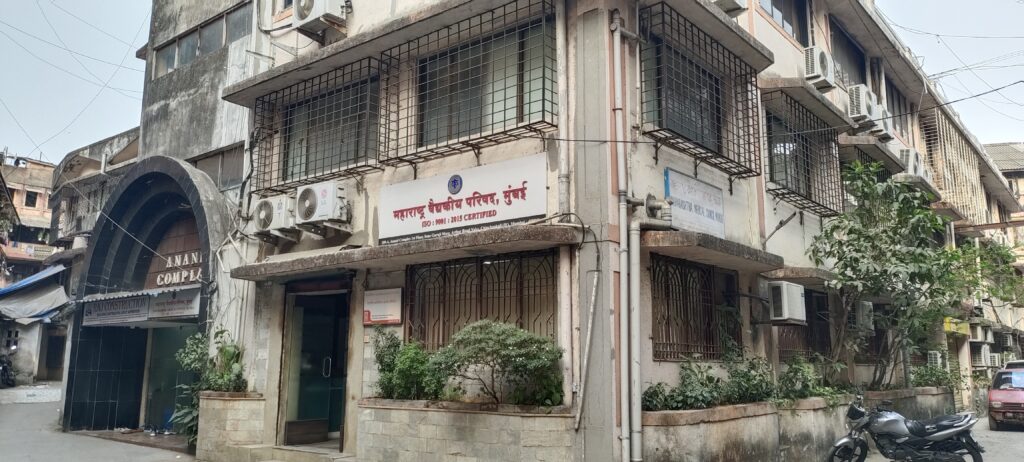
Nagpur: In an effort to curb the growing menace of quackery, the Maharashtra Medical Council (MMC) is set to introduce QR codes for over 1.40 lakh registered doctors across the state. This initiative, part of the “Know Your Doctor” campaign, aims to provide a reliable method for patients to verify the credentials of medical practitioners and identify quacks. The QR code system is expected to be rolled out by the end of January.
The initiative was first announced in July of the previous year, but it is now moving forward with the final preparations. Dr. Vinky Rughwani, president of the MMC, stated that despite efforts from anti-quackery committees at the district level, the fight against fake doctors has not been very successful. Many bogus practitioners have managed to evade justice, which has led to the introduction of the QR code system.
Under this new initiative, all doctors with MBBS qualifications or higher, who have renewed their registration with MMC, will be required to display their unique QR codes prominently at their clinics and hospitals. Patients can then scan these codes to instantly access information about the doctor’s qualifications and registration status.
Dr. Rughwani noted that Maharashtra has the highest number of registered medical practitioners in India, with a total of over 2 lakh registered doctors. However, only those who have renewed their registration will be eligible for the QR code. The MMC has partnered with a technology company to develop and implement the QR code system.
The QR code will link to the MMC’s portal, where patients can verify the doctor’s professional credentials and qualifications. Registered doctors will also have the option to print a certificate featuring the MMC watermark for additional verification.
In Nagpur, complaints about unqualified practitioners have been a recurring issue, but there has been no significant action taken so far. Civic health officials reported receiving numerous complaints about bogus doctors, particularly in East Nagpur, but the anti-quackery committee, which includes members from various medical specialties and is led by an additional commissioner, has been ineffective in bringing the culprits to justice.
Dr. Rughwani emphasized the need for greater participation from organizations like the Indian Medical Association (IMA) to strengthen the anti-quackery committee’s efforts. He stressed that the inclusion of more medical professionals would help raise awareness and aid in bringing fraudulent practitioners to justice.


